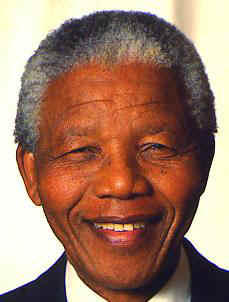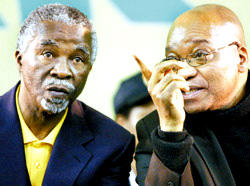Greenspan against US subsidiesDeveloping economies have found an unlikely hero in Alan Greenspan, who yesterday
called for the US to "embrace economic openness rather than choosing a path of protectionism".
Â?The globalisation route is by far the superior route because protection may appear to be helpful in the short run, but over the long run you cannot help industries or jobs which are obsolescent,Â? Greenspan said to the House of Representatives financial services committee.
This is naturally music to the ears of developing nations, especially in Africa, as agricultural subsidies hurt African countries attempting to grow their economies by exporting agricultural goods to the larger markets in Europe and the US. The US market is more dominated by South American imports, and they are currently considering removing trade protectionism with certain Latin American states, but the European and US agricultural subsidies remain. The issue now is the fact that most of the world's largest economies have entrenched subsidies to prop up their own agricultural markets for economic and strategic security reasons (the UK is one of the few to revise this policy) and none of them will now budge. According to the Business Day, US officials addressing African nations at a trade conference in Dakar earlier this week reiterated the USÂ?s stance that "it would not commit to a timetable to cut agriculture subsidies unless other rich nations agreed to dismantle their subsidies too."
Most nations will wait for the US to make the first move (we all know the French will be the last to move, if at all) and may try to make some short-term gain from it, inferring that the dissolution of agricultural subsidies may yet be a long way off. A new US farm bill is set to be implemented in 2007, which would see these subsidies continue for another seven years, so time is against us. I really do believe that the removal of agricultural subsidies could be a real shot in the arm for African development, more so in terms of gaining access to European markets than those in the US, but the next move has to come from the US. If no agreement is reached in the next year, I fear that the moment will be lost for another decade, a luxury which Africa simply cannot afford.







